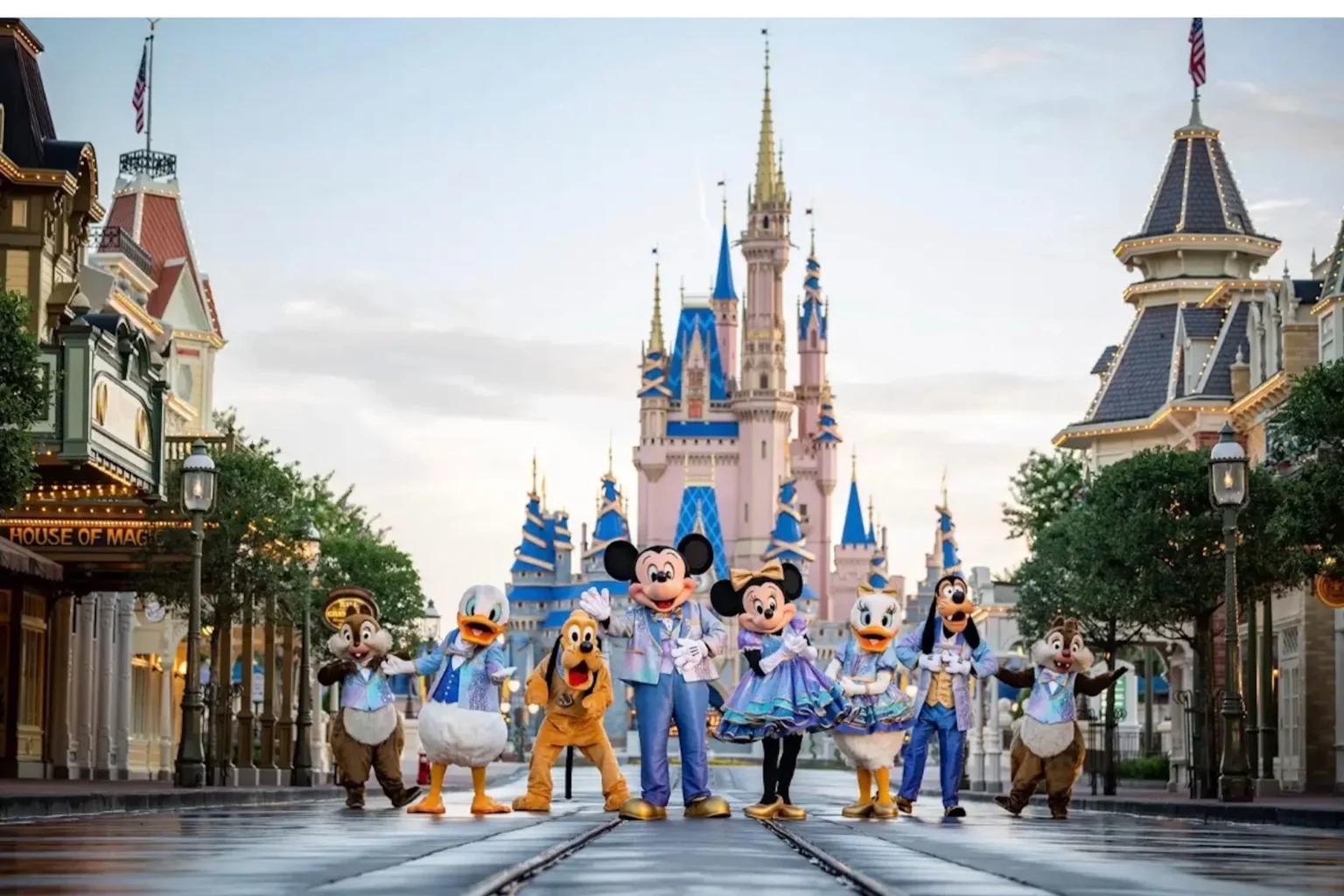The Walt Disney Company has announced the abandonment of its ambitious plan to invest nearly $1 billion in constructing a new corporate campus in Florida. This decision comes amidst a deepening dispute between the entertainment giant and the Republican-led government of Ron DeSantis, the state’s governor.
The initial proposal involved the relocation of approximately 2,000 employees to a Disney-owned complex situated at Lake Nona, near Orlando. However, tensions between Disney and Florida lawmakers have been steadily mounting, ultimately leading to the project’s cancellation. An internal email sent to employees on Thursday revealed that the company’s decision was driven by significant changes that have occurred since the project’s inception. Disney’s theme park division head, Josh D’Amaro, alluded to “changing business conditions” without explicitly mentioning the political disputes or Governor DeSantis.
Reacting to the announcement, Governor DeSantis’ office labeled it as “unsurprising.” The office emphasized that the project had been in a state of uncertainty since its initial announcement and stated, “Given the company’s financial straits, falling market cap, and declining stock price, it is unsurprising that they would restructure their business operations and cancel unsuccessful ventures.”
The proposed Lake Nona campus, which was never constructed, was intended to serve as the new home for employees from Disney’s secretive theme park research and development division, known as Imagineers. Initially, these employees were asked to relocate from California to Florida. However, the internal email from Josh D’Amaro revealed that such relocations would no longer be necessary, and the company would discuss the next steps with those who had already made arrangements.
The abandoned project would have brought numerous higher-paid, white-collar, and tech-focused jobs to Florida. The Orlando Business Journal estimated the project’s value at approximately $867 million, with an average annual wage of $120,000 for the positions.
Disney has faced increasing challenges in its traditional movie and television industries, prompting former CEO Bob Iger’s return to implement sweeping changes aimed at boosting the company’s business. The launch of the Disney+ streaming service in 2019 has not yet turned profitable, and the decline in Disney’s share price since its peak in March 2021 reflects investor concerns about the company’s future prospects. In line with its efforts to streamline operations, Disney announced significant cost-saving measures earlier this year, including a reorganization plan and approximately 7,000 job cuts.
The strained relationship between Disney and Florida began deteriorating when Governor DeSantis criticized the company for its opposition to a state law prohibiting discussions of sexual orientation or gender identity in public schools. In a separate move, Florida sought to gain control over the Reedy Creek Improvement District, an area encompassing Walt Disney World, by empowering Governor DeSantis to appoint members to the district’s governing board. Disney responded by filing a lawsuit, accusing state officials of weaponizing government power against the company for expressing an unpopular political viewpoint. Florida countered with its own lawsuit against Disney.
Disney’s theme parks in Florida have long been a major attraction, drawing approximately 50 million visitors each year. However, with the cancellation of the Lake Nona campus plan, questions have arisen about Florida’s interest in fostering Disney’s growth within the state. Bob Iger recently questioned whether the state wants Disney to invest more, employ more people, and contribute more in taxes. The dispute between Disney and Florida’s government is expected to have long-lasting implications beyond the immediate project cancellation.
As Governor DeSantis gears up for a potential 2024 presidential bid, his likely rival, former President Donald Trump, issued a statement claiming that DeSantis was being “absolutely destroyed by Disney” and criticized the ongoing battle as an unnecessary political stunt.
Despite the discord between Disney and the state government, Central Florida, which encompasses more than just the Disney World complex, continues to attract visitors and maintain its appeal as a vibrant destination.




